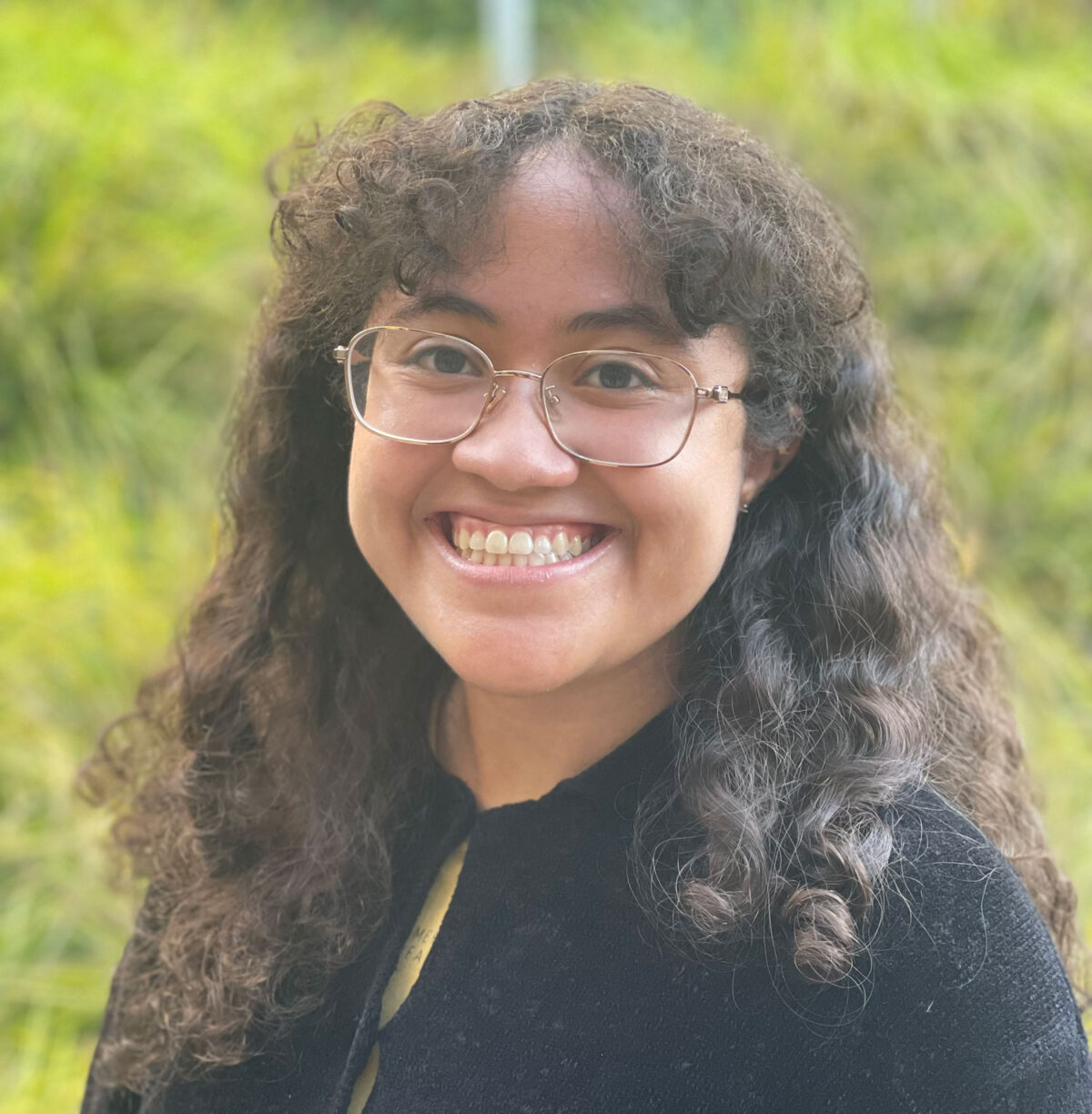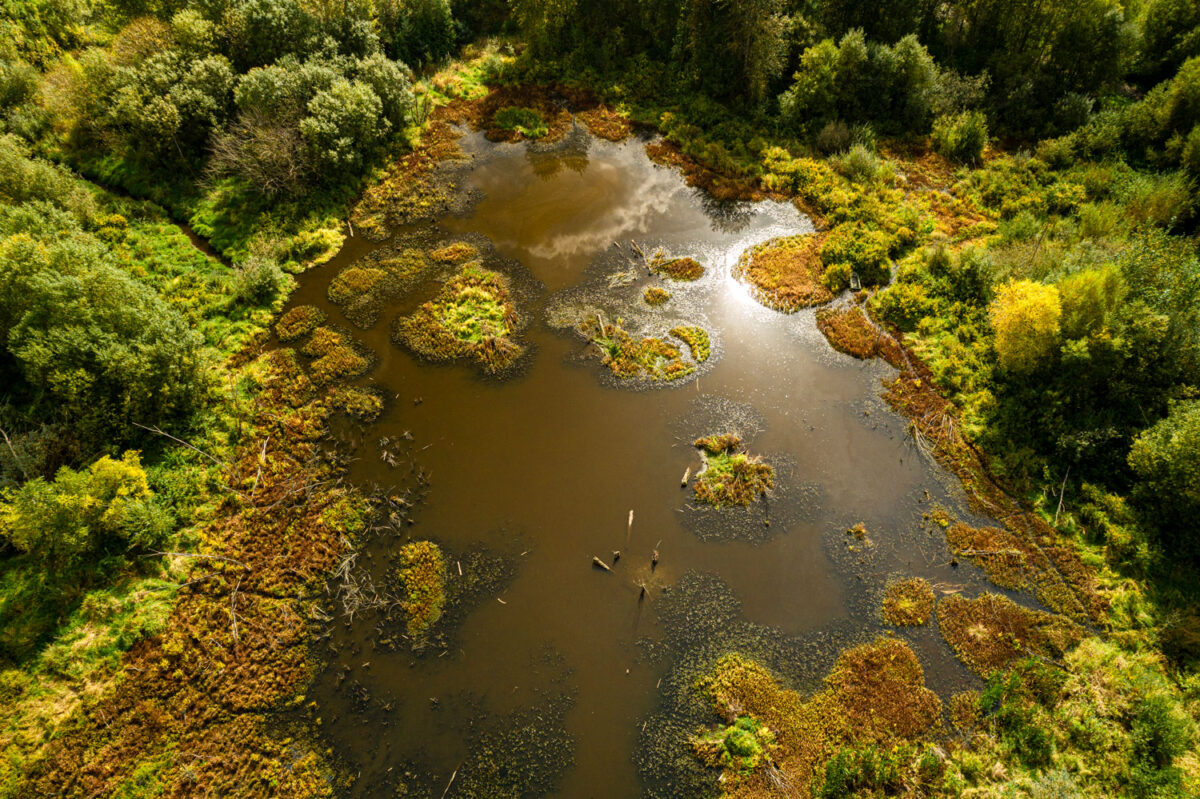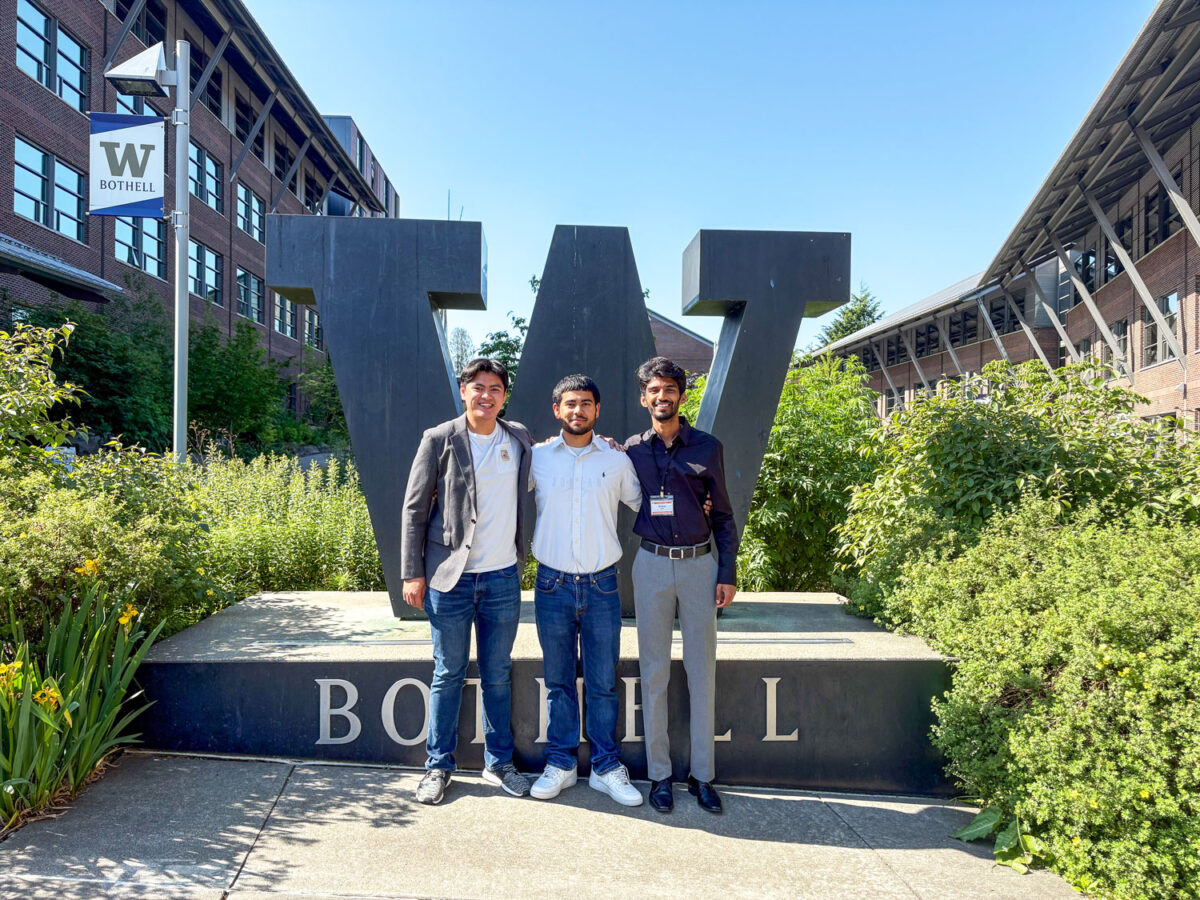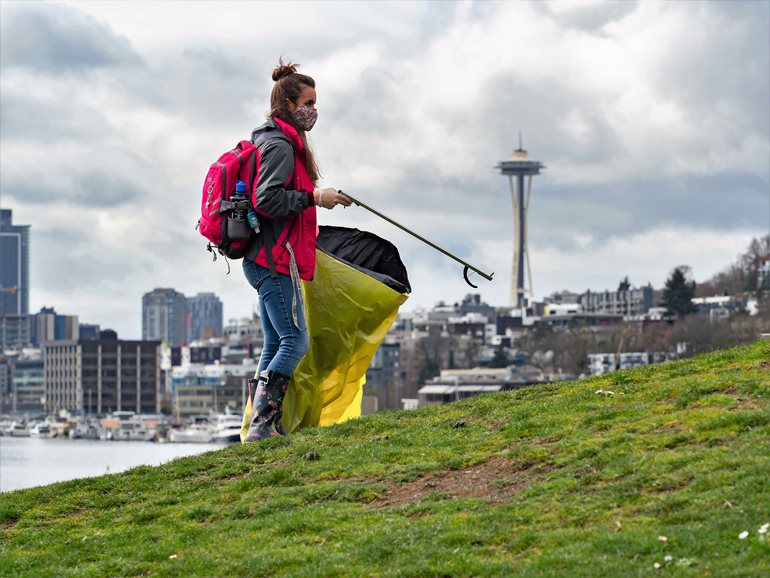
On Monday morning, students decided to kick off their spring break with some spring cleaning, but it wasn’t their homes that reaped the benefits of their labor. It was Gas Works Park.
Located in Seattle, Gas Works is a 19-acre public park on the north shore of Lake Union. There, University of Washington Bothell students gathered to participate in a clean-up in partnership with Puget Soundkeeper Alliance.
UW Bothell partners with the alliance and with Viva Farms for Alternative Spring Break.
“ASB offers students an opportunity to connect with the community, each other and be introduced to a community partner and organization,” said Shauniece Drayton, civic engagement program manager at UW Bothell. “Not only that, the students get to learn new skills and information, coupling knowledge with real world impact.”
Good stewards
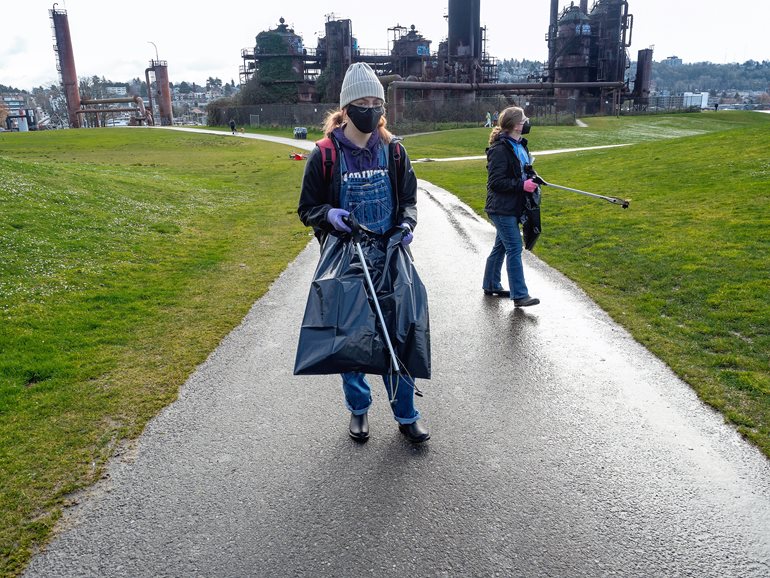
“Gas Works is a very popular park, especially during COVID-19 when most activities are held outdoors,” said Gillian Flippo, volunteer coordinator at the nonprofit environmental group. “As a result, it accumulates a lot of trash.”
By a lot, Flippo means the students who volunteered at the park could expect to pick up anywhere between 15 to 75 pounds of trash in just a two-hour time period. The day they volunteered, the students collected 53 pounds of trash.
“Their efforts reduced pollution, plastic and other marine debris,” Flippo said. “It even created a ripple effect within the community and inspired others to be good stewards and pick up their trash.”
One of the volunteers was third-year student Viola Tabares. Last quarter, she took a course on the impacts of climate change and said that participating in the cleanup felt very timely. “I was able to apply my learning from that class and contribute something positive to the world. That was really exciting,” she said.
“The most rewarding part of this experience was that I genuinely enjoyed what I was doing and knew I was making an impact.”
Blueberry mulch
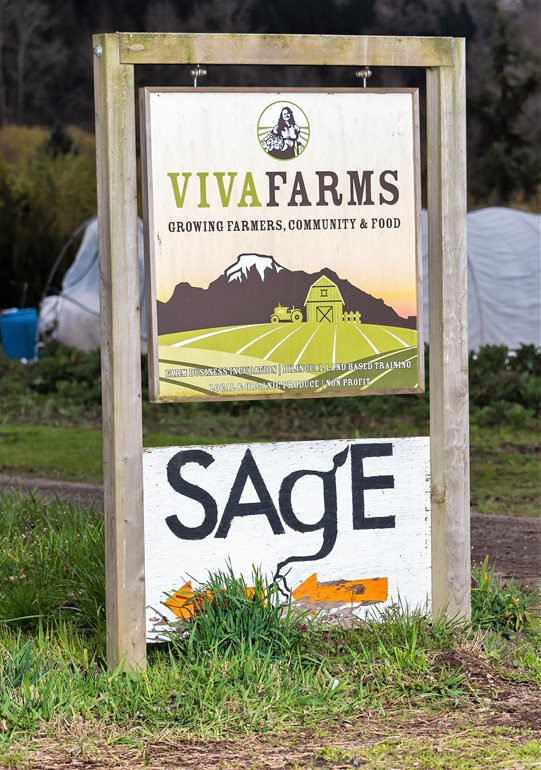
On Wednesday morning of spring break, some others students traded in their flip-flops and beach chairs for boots and wheelbarrows at another Alternative Spring Break activity.
Determined not to spend all of their break indoors or on computers, the students met in Woodinville, Washington, at Viva Farms, a nonprofit organization dedicated to supporting new and limited-resource farmers.
Upon arrival, the volunteers gathered to become acquainted with one another, their environment and the “spiritual” space. Before heading out to the fields, they also did some warm-up yoga and stretching, and were briefed on safety protocols surrounding COVID-19. Then it was time to get to work.
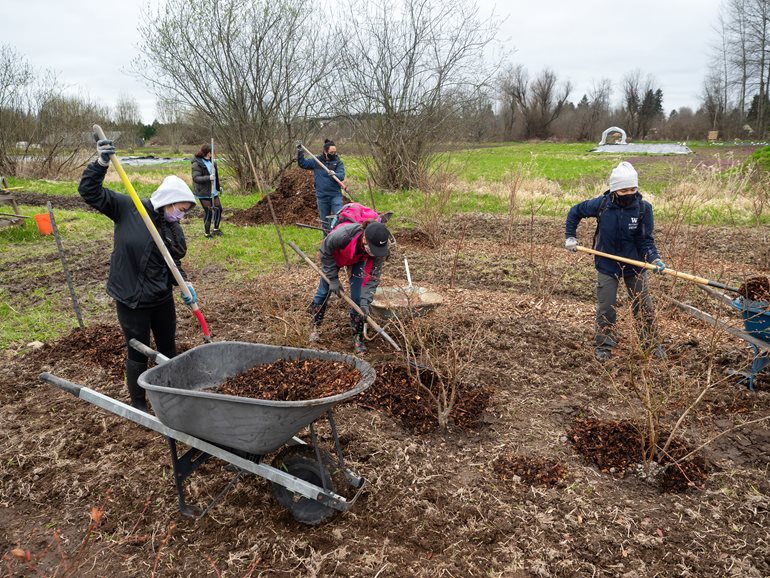
The goal for the day was to help a neighboring farmer who had been struggling to get his blueberry plants in the ground. Under-resourced and overworked, the farmer had more than 200 plants that would cover about a quarter acre.
Students spent the day planting the blueberries and covering them with mulch so weeds wouldn’t grow up through the blueberry roots. Their work was not without immediate reward, as Viva Farms provided the volunteers with a lunch sourced directly from the farm.
At the end of the day, everyone gathered together again to debrief and talk about their experience.
“I was really impressed by the student volunteers. They took the work very seriously and were able to get all 200 blueberry plants in the ground,” said Andrew Ely, education manager for Viva Farms. “It was a perfect learning opportunity for everyone. The farmer benefited from community support, and the students got to know a local farmer.
“Viva Farms is all about building community and relationships,” he said. “These shared experiences allow for the local food system to flourish, and in the end everyone benefited.”

